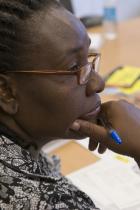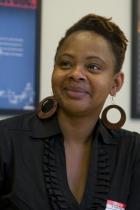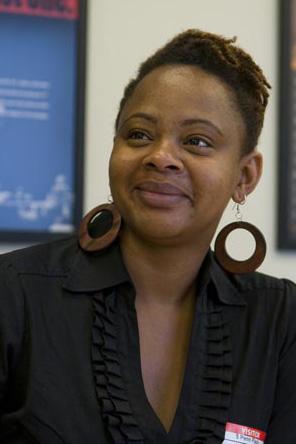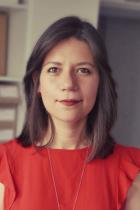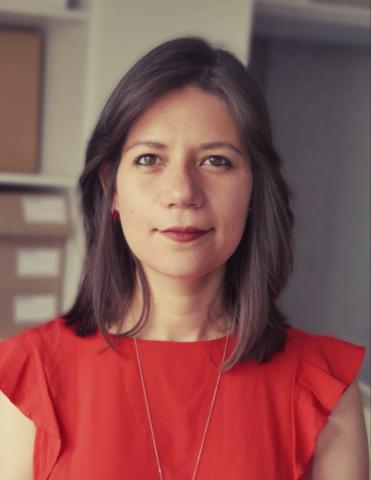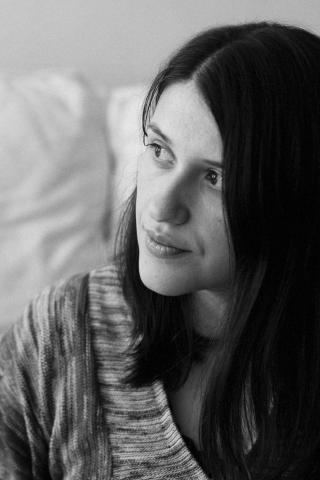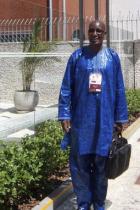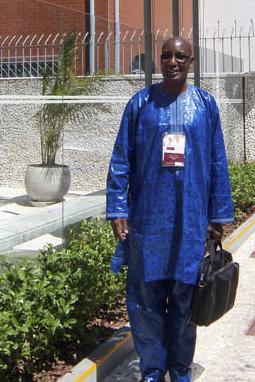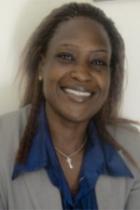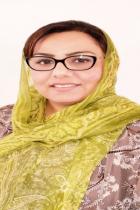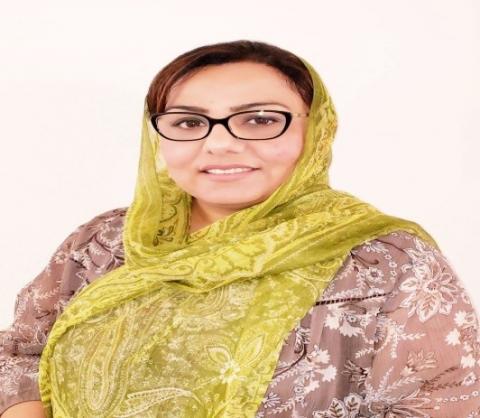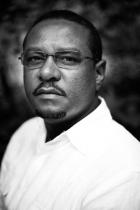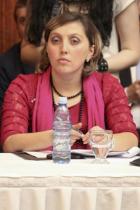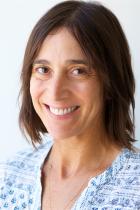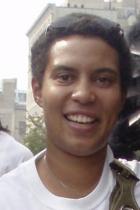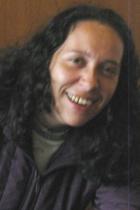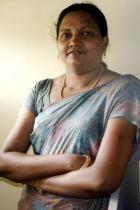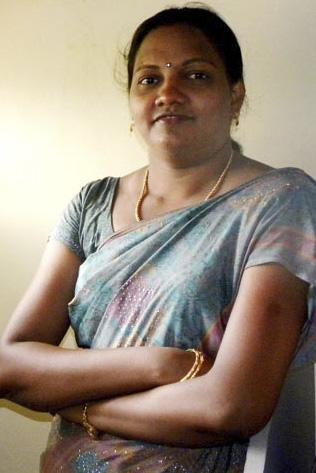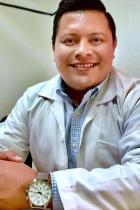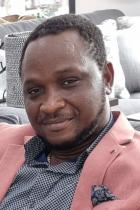Colette Lespinasse

Haiti, 2010
Executive Director, Groupe d’Appui aux Rapatries et aux Refugies
During the 1980s, Colette Lespinasse became an advocate as she learned about the plight of peasants and the urban poor in Haiti. She started attending meetings and activities to improve Haitian society. She quickly found an opportunity at the Catholic radio station, Radio Soleil. “I was inspired by the role of Radio Soleil to make changes. The information and education awareness programs it broadcast nationally made it the only radio [station in Haiti]to do this.” She later began to focus on migrant rights after discovering the discrimination against Haitians in the Dominican Republic. She says, “When the Dominican Republic expelled over 80,000 Haitians during the Aristide administration, I created my organization GARR because I wanted to improve relations and offer humanitarian assistance.” She has since opened up constructive dialogue between Haitians and Dominicans in the Dominican Republic. Lespinasse said, “I discovered I need to keep working not just with Haitians but with Dominicans as well, to advocate not only within Haiti but within the Dominican Republic too.” She concludes, “Human rights has given me a passion. Now, I can’t work somewhere without passion.”






